There is No “I” in Team
The job of a caregiver is often a lonely one; especially when they are thrust into the demanding role unexpectedly, caregivers feel as if they have no assistance when in reality, there are many people available to lend a helping hand. This is where having a care team is extraordinarily helpful.

Members of the Team
The several moving parts of the care team can include the main caregiver, caree (loved one receiving care), primary physician, specialists, physical therapists, speech therapists, pharmacists, and yes, even your family. Now, of course, the variety of cogs in the well-oiled care team machine can’t always directly communicate with each other to determine the best course of action for the caree. One of the distinctly important roles of the caregiver is to relay information to the various assets of the care team to ensure that all of the parts are working correctly.
The Family
One aspect of caregiving for a parent or grandparent in their advanced age is dealing with your family. Unfortunately, you as primary caregiver cannot continue to meet the expanding needs of your caree without help from your family. You need a break every once in awhile even if it is just an afternoon each week or an occasional doctor’s appointment. One great way to organize and mobilize your family is to actually write down various tasks that need to be done and allow family members to determine the jobs they wish to do. A simple tool that you can use to accomplish this is the Alzheimer’s Association’s customizable calendar.
It Takes a Village
Delegating some of your roles as caregiver is not a sign of weakness or defeat, but an acknowledgement that you are human and can’t possibly be everything to everyone. More often than not, family members are willing and able to assist you in little or big ways, making the caregiving experience more bearable for you and your loved one. The next time someone says something like, “I sure wish there was some way I could help,” hand them your list.








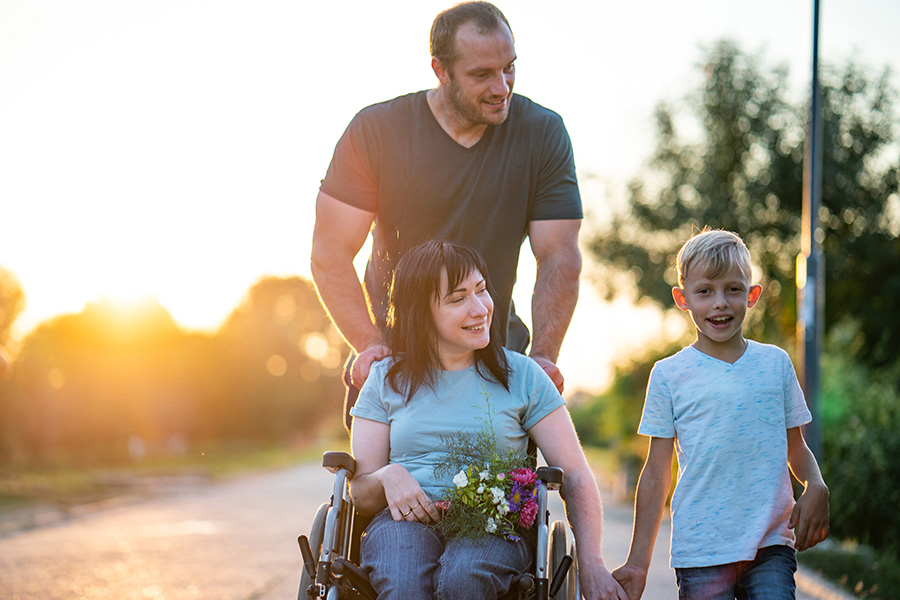
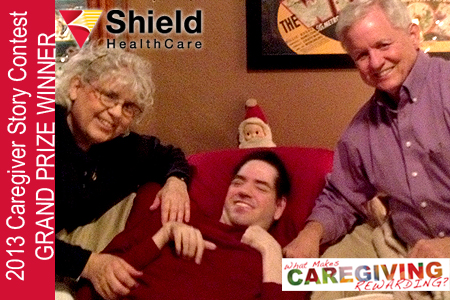

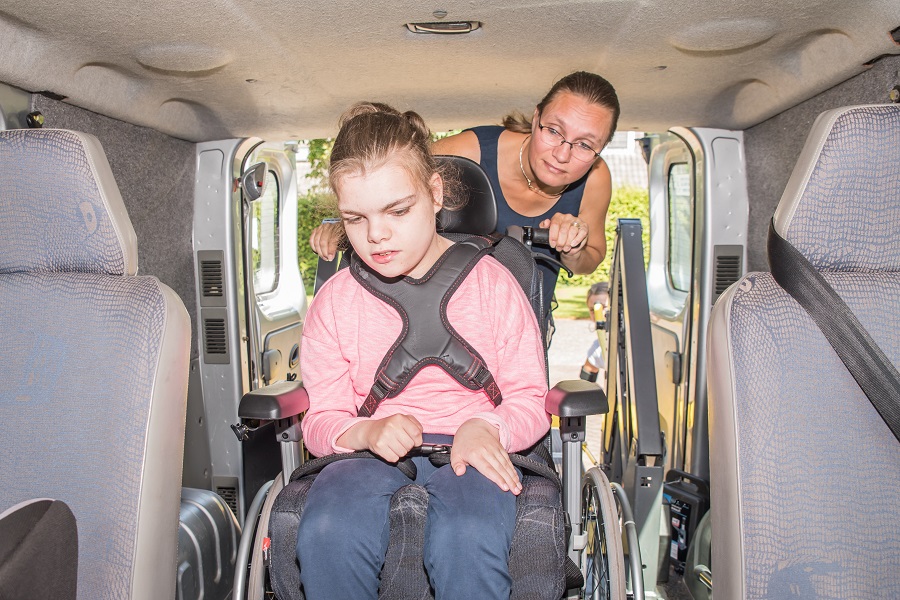




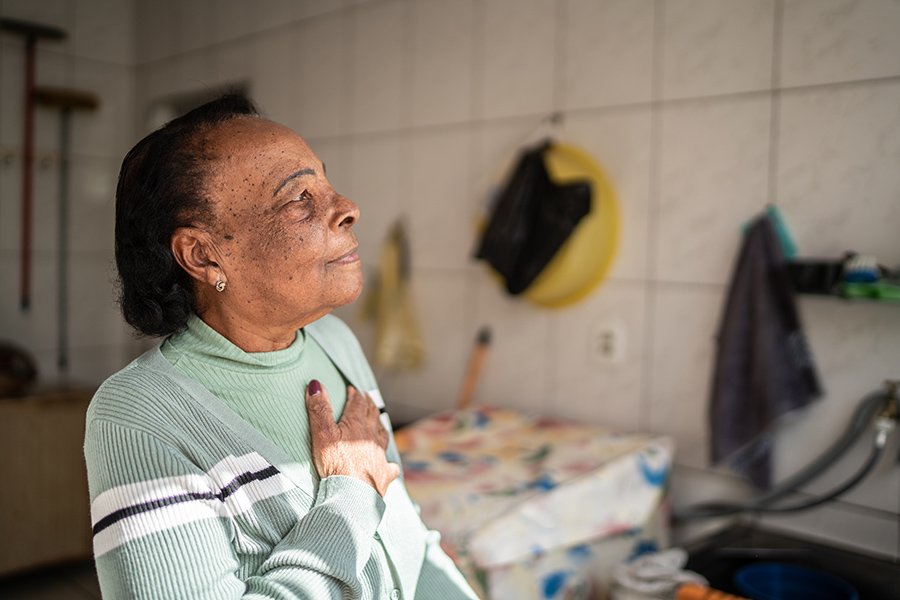


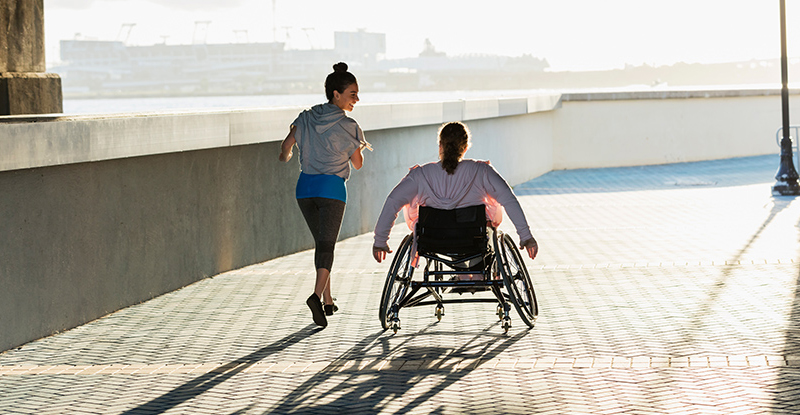

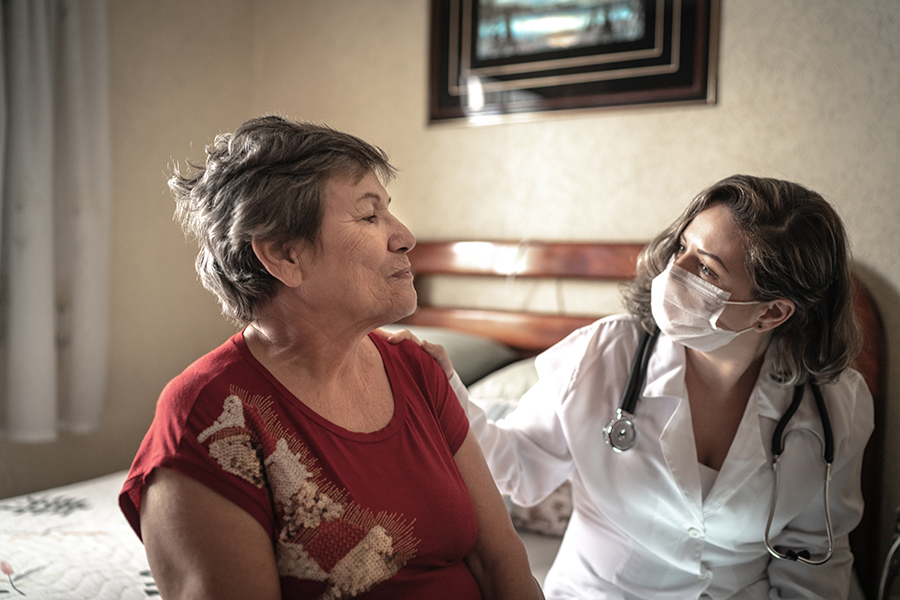
When family members all come up with excuses to avoid assisting care to an elderly parent; what would you suggest where we should turn to for additional assistance? The reality is none of them wants the burden and responsibility of caring for their own elderly parent.